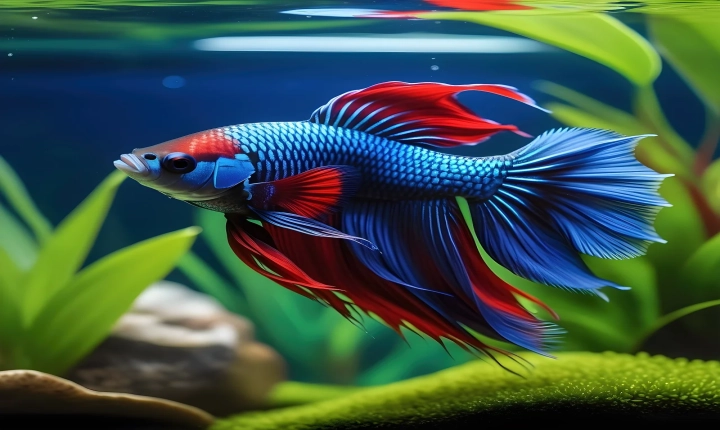Artificial intelligence (AI) has increasingly become an integral part of space exploration, playing a crucial role in expanding our knowledge of the universe and enabling more sophisticated and efficient space missions. The use of AI in space exploration has revolutionized the way we understand and interact with the cosmos, offering a wide range of benefits and opportunities for further exploration.
One of the primary areas where AI has made a significant impact on space exploration is in the analysis of vast amounts of data collected by space probes, telescopes, and satellites. Space missions often generate enormous volumes of data, including images, spectrographs, and sensor readings, which can be overwhelming for human analysts to process. AI algorithms have the capability to quickly and accurately analyze this data, identifying patterns, anomalies, and valuable information that could be easily missed by human observers. By leveraging AI, scientists and researchers are able to extract meaningful insights from complex datasets, leading to new discoveries and a deeper understanding of the universe.
AI also plays a vital role in autonomous space exploration, enabling spacecraft to make critical decisions and react to unforeseen events without human intervention. Autonomous systems powered by AI can navigate and control spacecraft, manage their resources, and even carry out scientific experiments independently. This capability is particularly important for long-duration missions, such as those to Mars or other distant celestial bodies, where communication delays make real-time human intervention impractical. By integrating AI into space probes and rovers, we can significantly enhance their operational efficiency and scientific productivity, as well as reduce the risks associated with human error.
Furthermore, AI is instrumental in advancing the field of robotics for space exploration. Robotic systems equipped with AI capabilities can perform complex tasks, such as assembling structures, collecting samples, conducting repairs, and even building habitats on other planets. These AI-driven robots are essential for carrying out challenging and hazardous missions in environments where human presence may be difficult or impossible. By leveraging AI, robots can adapt to unpredictable situations, learn from their experiences, and execute tasks with precision and efficiency, opening up new possibilities for expanding human presence beyond Earth.
Moreover, AI is instrumental in supporting human space missions, enhancing crew safety, and optimizing resource management. AI-powered systems can analyze the health and well-being of astronauts, anticipate potential problems, and provide real-time support and guidance for medical emergencies. Furthermore, AI can optimize the allocation of resources, such as water, oxygen, and food, aboard spacecraft and space stations, ensuring the sustainability of human habitats in space.
Looking ahead, AI is set to play an even greater role in space exploration, with the development of more advanced and sophisticated applications. As AI technology continues to evolve, we can expect to see the deployment of intelligent autonomous spacecraft, robotic explorers, and crewed missions enabled by AI-driven systems. Furthermore, AI will also facilitate the discovery of exoplanets, assist in the search for extraterrestrial life, and support the ambitious goals of space colonization and interstellar travel.
In conclusion, the integration of AI into space exploration has revolutionized our ability to explore and understand the universe, offering unprecedented opportunities to advance scientific knowledge, expand human presence in space, and push the boundaries of what is possible. As we continue to harness the power of AI, we can expect to unlock new frontiers in space exploration, paving the way for extraordinary discoveries and advancements that will shape the future of human spacefaring endeavors.
